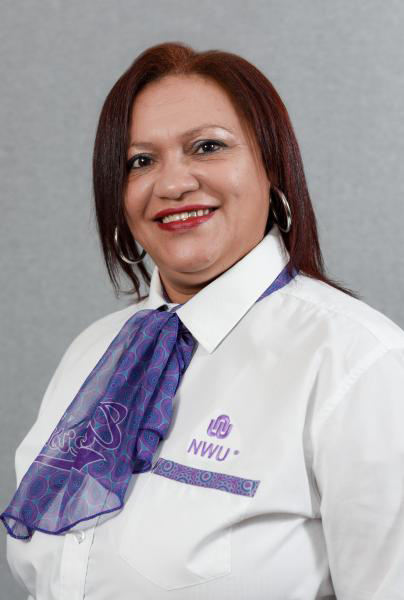By Mzwandile Ndlovu
Teens living with chronic diseases need not be defined by their illnesses but by their potential and determination to succeed.
Dr Kezell Klinck, senior lecturer in the School of Management Sciences at the North-West University (NWU), delivered this message during the recent Chronic Life as a Teen event at the Lonely Park Multipurpose Centre in Mahikeng.
The NWU’s Mahikeng Campus, in partnership with Masego Youth Foundation, hosted this community engagement and youth involvement event for adolescents living with chronic illnesses, families, healthcare professionals, and community members. Through storytelling and talks, the initiative encouraged young people to look beyond their diagnoses.
Dr Klinck shared stories of individuals who overcame the challenges of chronic illness and used their experiences as a story of growth and achievement. She spoke about Wilma Rudolph, an American sprinter who overcame childhood polio to win Olympic medals, Canadian actor Michael J Fox who carried on with his career despite early Parkinsons, and Kenyan actress Lupita Nyong’o who was diagnosed with uterine fibroids.
Drawing from the NWU’s values and her philosophy, Dr Klinck said identity is shaped not by illness but by choice and conduct. “What I see in this room is not weakness, I see strength, determination and potential,” she said.
Affirming potential and collective support
Reflecting on the NWU’s partnership with Masego Youth Foundation, Dr Klinck said: “It aligns perfectly with our vision to be a socially impactful university. This wasn't a distant, academic exercise; it was a hands-on embrace of our community's youth, celebrating their lives and affirming their potential.”
She stressed the importance of collective support. “Our motivation springs from the proverb, Ikageng, meaning it takes a village to raise a child,’” said Dr Klinck. “At the NWU, we understand that responsibility extends beyond the lecture hall. We are educating the person, and for a teenage managing a chronic illness, the challenge does not stop at the campus gate.”

Dr Kezell Klinck
